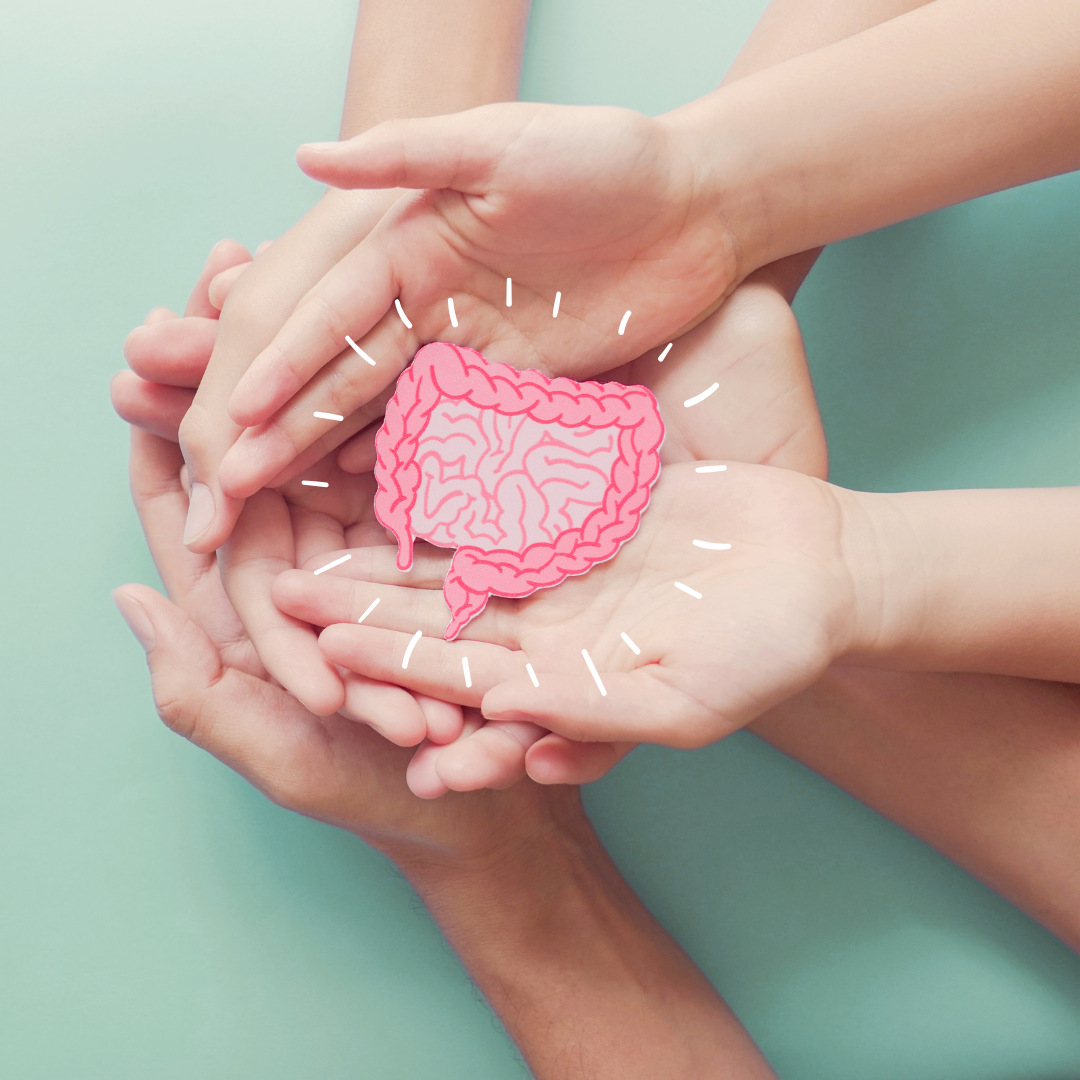Anyone else still waiting for the calm that you thought would come with the beginning of a new school year? But instead the schedule becomes even more packed, and the pace of life seems to reach lightspeed.
I used to just "power through" these situations, and pay the price later (usually by getting a cold or "crashing" and sleeping 12 hours for several days to recover). However, the older I get, the more I respect the power of stress and try to minimize its physiological impact on my adrenal glands, the little powerhouses that help us cope in stressful situations.
The adrenal glands produce cortisol in response to stress. Cortisol motivates us, helps us get out of bed in the morning, and finish a tough workout. However, if we "power through" for too long with insufficient rest or food, the body can't keep up and symptoms of weakness and fatigue begin to show up. Any of these sound familiar:
- low libido
- trouble staying asleep
- difficulty losing weight
- difficulty concentrating ("brain fog")
- morning/afternoon fatigue
- crave salt or sugar
These can all be symptoms of HPA axis disruption or "adrenal fatigue." It means that some acute or temporary stress has persisted to the point that the body can no longer respond with strength and resiliency, and the body is partially shutting down in order to preserve its essential functions.
So what's a girl (or guy) to do? We can't remove all stress from our lives, but we can get to the root cause of how and why stress affects us, and then make adjustments to support better resiliency.
First, support your body's stress-fighting ability with nutrient-dense foods:
- lean, pastured or grass-fed meat and wild-caught fish
- nuts and seeds
- LOTS of veggies
- some fruit and whole grains
- modest portions of olive, coconut, and avocado oils
The next few suggestions are equally important, but less popular and for some, intimidating, so if you're already feeling overwhelmed just work on the above suggestions first. When you're ready, consider reducing alcohol and caffeine intake. There. I said it. I know no one wants to hear it, but it's true. Alcohol and caffeine can really screw up hormone signaling and blood sugar balance which just adds to the load of stress our body has to process before it can work on healing, detox, or a happy metabolism. 1-2 alcoholic drinks per week is normally fine, but more than that can throw things out whack. And if you can't imagine life without caffeine, that might be a pretty good sign that you need a break.
Lifestyle is another key stress-reducing component which can be very difficult to adjust, but makes a huge difference when we do.
- Aim for 8 hours of sleep per night, preferably 10-6ish, which is most people's natural circadian rhythm or sleep/wake cycle.
- Turn off screens one hour before bed. Blue light impedes melatonin production.
- Eat regular meals to balance blood sugar and minimize cortisol-driven hunger cues.
- Exercise moderately and take a rest day for goodness sake! Intense running or HIIT 7 days per week can be more harmful than helpful, especially if sleep and nutrition are not optimal.
Supplements can help quite a bit during this diet transition when you've dumped all your energy crutches in hopes of healing but you still feel tired or weak. Adaptogenic herbs such as ashwagandha, rhodiola, and schisandra can provide balanced energy without the jitters or crash afterwards. Vitamins B5, B6, and C provide direct fuel for the adrenal glands to functions. In more severe cases, adrenal glandulars or DHEA (a precursor to cortisol) can be appropriate for a stronger, more immediate effect.
Lastly, if your fatigue is severe, or the above symptoms are affecting your daily life, consider working with a knowledgeable practitioner to test (don't guess!) your hormone levels and provide guidance on appropriate supplements to lift the fog and help speed up the recovery process.




Recent Blog Posts
Share this post!
About the Author
Rhya Pachin is a licensed dietitian nutritionist who employs an "integrative" approach to support overall health rather than addressing just one symptom. As a certified LEAP therapist, she designs and supervises custom elimination diets. Her focus areas include gastrointestinal conditions like IBS and IBD, autoimmune diseases such as rheumatoid arthritis and Hashimoto's, persistent weight issues, food sensitivities, and chronic inflammatory conditions in both adults and children.



